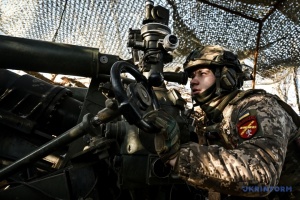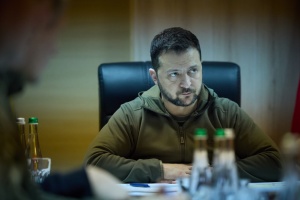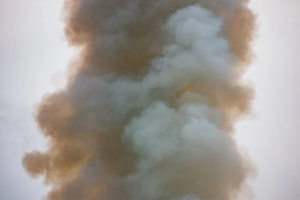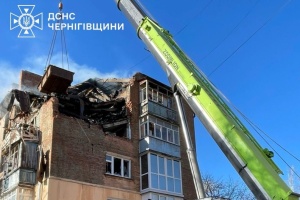
Explaining complex things in simple words: reaction to the missile strike on Okhmatdyt, NATO summit, Putin's diplomacy
REACTION TO THE MISSILE STRIKE ON OKHMATDYT
Due to the Russian attack on civilian infrastructure, including a children's hospital, Ukraine is calling a meeting of the UN Security Council on July 9.
The UN Security Council is unable to make a decision due to the Russian Federation's veto, but it is still an important platform for denouncing the aggressor.
Russia used its one-month presidency of the UN Security Council not only for cheap propaganda shows, but also for committing bloody crimes during this time.
Kyiv has irrefutable evidence of the intentional damage to a children's hospital (a non-military facility) by a Russian strategic Kh-101 cruise missile. Moscow's attempts to abdicate responsibility are miserable.
The attack on Kyiv on July 8, in particular, on Ukraine's largest children's medical facility, is a war crime that will be investigated both by Ukraine and at the international level.
If a permanent member of the UN Security Council deliberately destroys a children's hospital, then the system of international relations is in a deep crisis.
NATO SUMMIT
On July 9, the three-day anniversary summit of the North Atlantic Alliance begins in Washington.
Ukraine's course towards full membership in NATO remains unchanged.
For us, this is not a whim but a matter of survival in the neighbourhood of a chronic aggressor.
Kyiv has realistic expectations from the Summit and is counting on the Alliance's confirmation of support for Ukraine's future membership.
We are currently working on the system of bilateral security agreements envisaged by the G7 initiative in Vilnius and are improving this instrument as a temporary alternative to NATO membership.
We expect that the outcome of the Summit will primarily be the strengthening of Ukraine's defence capabilities, in particular air defence.
Russia's terrorist shelling of Okhmatdyt creates a new motivation for expanding the previously stipulated opportunities for Ukraine's self-defence.
PUTIN'S DIPLOMACY
On July 8, Indian Prime Minister Narendra Modi visited the Russian dictator in Moscow.
Putin is the most toxic politician in the modern world. Public meetings with him always cast a shadow on reputation and create problems.
The Russian dictator insidiously framed Modi by shelling the Okhmatdyt Children's Hospital while the Prime Minister was visiting
We expect India to provide an appropriate public assessment of such actions by the Kremlin.
Putin's insidiousness once again proves the futility of all attempts to negotiate with Moscow on ending the war. Only decisive force can stop Russia, not ungrateful gestures of respect.
Center for Strategic Communication and Information Security





